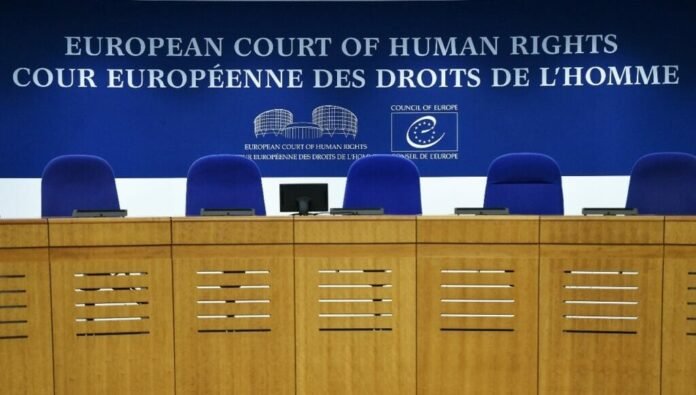The European Court of Human Rights (ECtHR) has faulted Turkey over the arrest and pretrial detention of 137 people following a failed coup in 2016 due to their alleged links to the faith-based Gülen movement, finding an absence of sufficient grounds for their detention, Turkish Minute reported.
The Strasbourg court announced its ruling in the Case of Çetin and Others v. Türkiye on Tuesday. The court examined the applications jointly in a single judgment due to their similar subject matter.
The rights court unanimously ruled that Turkey violated Article 5 of the European Convention on Human Rights based on the absence of sufficient grounds for ordering and keeping the applicants in pretrial detention in the cases of all 137 applicants, who were held before trial for periods ranging from one year to more than four years.
The court ruled that Turkey pay each of the applicants who submitted a claim for just satisfaction 3,000 euros in non‑pecuniary damages as well as for costs and expenses.
The applications mainly concerned the arrest and pretrial detention of the applicants in the aftermath of the coup attempt on July 15, 2016 on suspicion of membership in an alleged terrorist organization, referring to the Gülen movement, accused by the Turkish government of masterminding the failed coup and labeled as a terrorist organization.
The movement, inspired by the views of the late Turkish Islamic scholar Fethullah Gülen, denies the accusations.
The applicants, based on court documents, were charged with membership in a terrorist organization due to their use of the ByLock messaging app; having accounts at the now-closed Islamic lender Bank Asya; possessing Gülen-linked publications, US one-dollar bills with an “F” serial number (allegedly for “Fethullah”); and/or their employment by and/or membership in institutions and organizations that are all considered by the Turkish government to be linked to the Gülen movement.
ByLock, once widely available online, has been considered a secret tool of communication used by supporters of the Gülen movement since the 2016 coup attempt despite the lack of any evidence that ByLock messages were related to the abortive putsch.
In addition, witness statements indicating ties to the movement, social media posts, attending or holding religious meetings, communication with senior executives of the Gülen movement, facilitating communication between Gülen members, staying in Gülen-linked houses and carrying out various other activities on the alleged orders of the movement were also used by Turkish courts as criminal evidence against the applicants.
Ali Yıldız, a lawyer representing one of the applicants, welcomed the court’s ruling, calling it “another significant step in documenting and addressing the widespread human rights violations following the 2016 coup attempt.”
“The ECtHR found a violation of Article 5 § 3 in respect of all 137 applicants due to the lack of relevant and sufficient reasons for their pretrial detention,” Yıldız said on X.
Tuesday’s ruling is final, though subject to editorial revision. Turkey has three months to pay the damages to the successful claimants, converted into local currency at the settlement date.
The ECtHR’s Tuesday ruling is one of many such rulings made by the court in recent years against Turkey due to its violation of the rights of a large number of people with alleged links to the Gülen movement who were prosecuted in the aftermath of the coup attempt.
Despite the ECtHR decisions, the Turkish government is continuing its crackdown on real and alleged followers of the movement.















